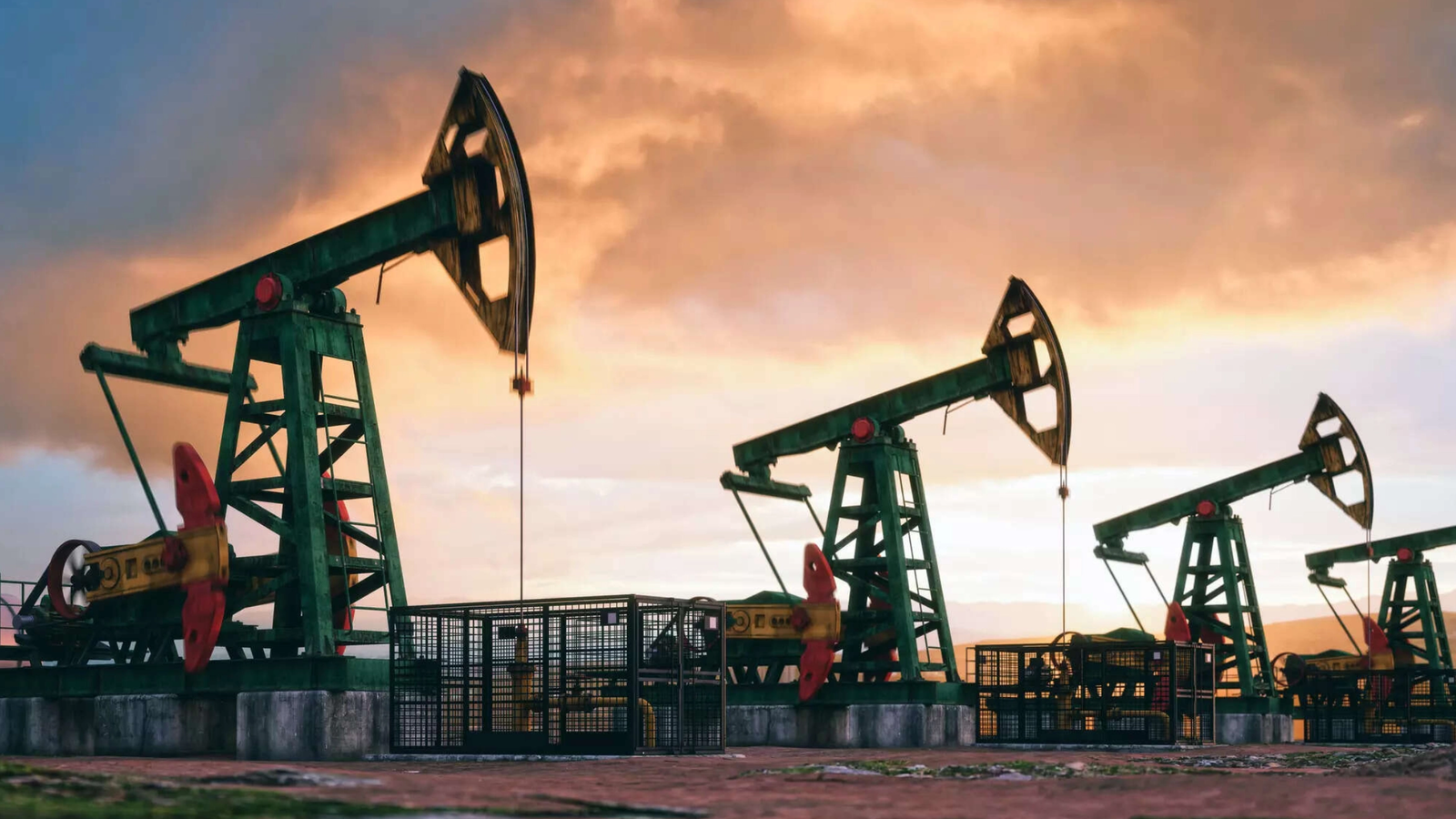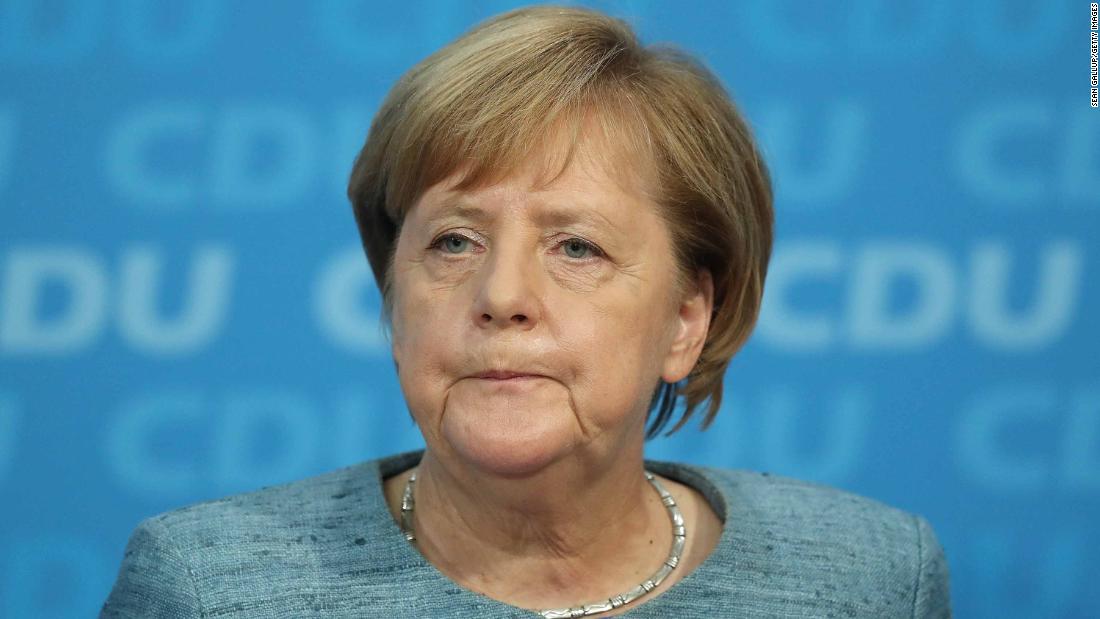The Energy Employers' Federation (FPE) calls for the establishment of balanced measures, directed towards the need for profound reform of the national administrative and fiscal system and emphasizes that a predictable fiscal framework is crucial for encouraging investments in the oil industry.
"In the context of the current discussions in the public space, we emphasize the significant role of the electricity, crude oil and natural gas production sector in the national economy. The industry constitutes an essential pillar of the national economy, contributing to the general consolidated budget for 2022 with 48.8 billion lei, a contribution 62% higher than in 2021. This amount represented 10.6% of total government revenues for 2022, the sector being "practically a contributor to the budget of almost systemic importance", according to the CPAG analysis "The contribution of the oil and gas industry to the Romanian economy". Given the significant contribution of the sector to the national economy, we consider it essential to draw attention to the need for a stable and predictable administrative and fiscal system. A predictable fiscal framework is crucial for encouraging investments in the oil industry, especially in the context of "the transition to green technologies, which involves substantial costs," a statement from the FPE, sent to AGERPRES on Wednesday, said.
According to the Federation, which cites a study conducted by Biris - Goran in 2023, at least 44 amended normative acts have been identified with an impact on the taxation system applicable to the upstream sector.
Among the major challenges facing the industry are overtaxation and the numerous obligations deriving from the implementation of European regulations in the field, which require significant investments.
"Many of the challenges facing the industry have been generated by a series of repetitive cycles, perpetuated over time by unbalanced measures of overtaxation. In the conditions in which these unbalanced policy cycles were not accompanied by administrative and fiscal optimization measures at the state level, the burden on the oil and gas sector has progressively increased. In these conditions, making new investments, with all the benefits that arise from them, including the creation of new jobs and increasing revenues to the national budget, becomes a difficult goal to achieve.
According to the Deloitte analysis "The impact of an investment in the onshore upstream oil and gas sector on the Romanian economy", making an investment of one billion euros in the upstream onshore oil and gas sector would generate an impact of 5.8 billion euros in the national GDP, as well as 43,500 new jobs", claims the cited source.
FPE also recalls that the oil and gas industry contributes to the energy transition, undertaken at national level, through the steps taken in terms of research, development and preparation for the implementation of green technologies. The implementation of all these technologies requires considerable investments and collaboration with public authorities to carry out significant projects for the future of the energy transition at national level, the organization believes, which specifies that it is essential for the Romanian state to benefit from consolidated expertise at the level of the entities involved in the negotiation at European level of regulations with an impact on the energy sector.
"The additional taxation applicable to the sector increased 11 times in 2022 compared to 2020, and the royalties applicable to industry increased 5.2 times in 2022 compared to 2020. Under these conditions, Romania records by far the highest effective tax rate in 2022 and 2021, standing at a level 4 times higher than the simple average of the effective tax rates identified in other European states. We see as necessary a real and broad reform of the national administrative system, which should include reducing bureaucracy and streamlining public spending. We consider that the main vectors of this change are the need to have a flexible administrative apparatus and a vision that takes into account the reduction of artificially increased public spending," the document reads.
The industry calls for increased awareness and understanding from the authorities, so that the significant efforts and responsibility of the private sector are reflected in public policies developed and applied nationwide.
The Energy Employers' Federation, founded in 1991, represents 95% of Romania's oil and gas industry.
Energy Employers' Federation: A predictable fiscal framework is crucial for encouraging investments in oil industry
Articole Similare

10
Dogioiu: A government in crisis conditions is not one that brings electoral points, it is naturally a political erosion
10

7
Social Democratic Party asks gov't partners to abandon 'simplistic' austerity
7

12
PM Bolojan, Commissioner for Justice McGrath meeting, with magistrates' pension among topics
12

12
Coast Guard: Metal debris on Tuzla beach appears to be from unmanned aircraft
12

8
EBRD takes over 5pct in Electro-Alfa International on EUR 16.4 million in IPO
8

8
BrancusiYear/'The Infinite Walk/Immersive tribute to Constantin Brancusi,' at "BRIGHT. Festival of Lights" in Brussels
8

13
Euro trades at RON 5.0934
13

10
JusMin Marinescu, European Commissioner for Justice McGrath discuss recent developments in judiciary
10

17
President Dan on joining Peace Council: We are still in talks with the American side
17

20
Romanian consumers overwhelmed by fear of war, economic instability (study)
20

15
First hyperbaric chamber in Romania built with 5 million euros European funds
15

23
Culture Minister pays visits to Peles Castle and Bran Castle; several urgencies remain unresolved
23

8
Romania, Greece sign memorandum to strengthen cooperation in energy field
8



















Comentează